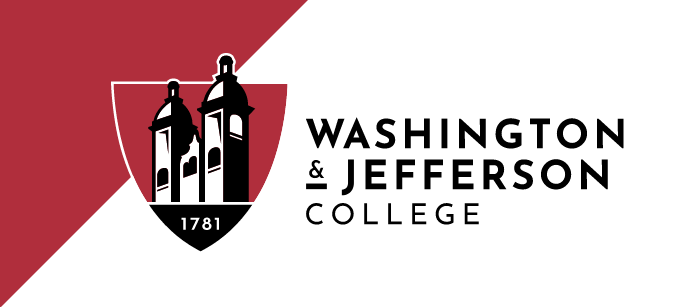Over the summer, the COVID Response Team met to confirm our plans for the upcoming year. We continue to monitor health in the local community/region as well as recommendations from the CDC. We are pleased that at this time, we are able to begin the academic year with few restrictions in place. We continue to encourage community members and visitors to the W&J campus to take personal health precautions as they wish to ensure a comfortable and safe experience.
Masking
At this time, W&J will maintain the mask optional protocol. We anticipate that community members will take responsibility for their own well-being and some may choose to wear a mask. We will continue to monitor COVID activity and we are prepared to require masks should conditions warrant.
Testing and Isolation
All community members who are symptomatic should be tested for COVID.
Students should be in touch with Health Services to arrange for testing or may be tested at an off-campus site. Others should contact their health provider to arrange for testing.
Students who test positive should notify Health Services, if testing was completed off-site. Employees should notify HR and their supervisor if they test positive.
Employees are also encouraged to visit the HR COVID page at, https://mywj.washjeff.edu/page/Covid-19-Resources
Those who test positive should follow the CDC guidelines on isolation which are available at the following link: https://www.cdc.gov/coronavirus/2019-ncov/your-health/isolation.html For the good of the community, it is important that these guidelines are followed.
Vaccinations
The College requires the COVID vaccinations. In addition, we strongly encourage people to get boosters according to CDC guidelines. As the virus continues to mutate, newly modified booster may be especially helpful.
Tracker
The College does not plan to publish weekly updates on case counts.
Updates
This information will be updated as needed. We will continue to monitor the public health situation, paying particular attention to hospitalizations since they are likely to be the most accurate indication of the impact of COVID on the region.
Should conditions change, we may implement changes to our policies.

